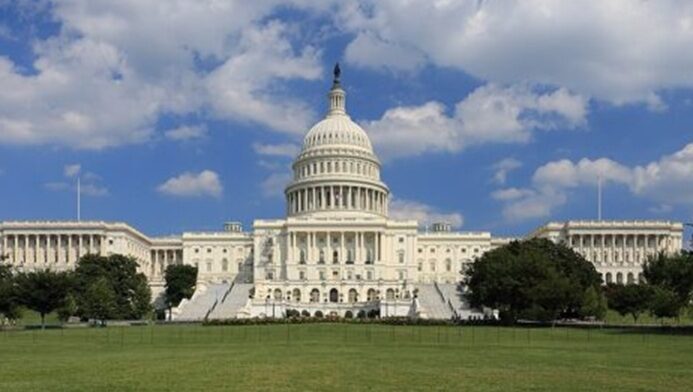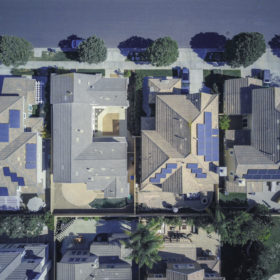Solar module importers may have caught a break from U.S. Customs and Border Protection (CBP), which offered revised guidance on how it will enforce the Withhold Release Order (WRO) issued on June 24.
The revision appears to be subtle, but may be significant.
In its FAQ document, CBP outlines what it will consider to be “reasonable care” with respect to imports that may contain components subject to the WRO.
The FAQ previously required importers to establish the source of metallurgical grade polysilicon or wafers, a level of certainty that has been widely viewed as nearly impossible to achieve.
In a November 10 revision, however, CBP now says that it will consider whether the importer is “able to establish the source of the component materials” in an imported solar module product. It dropped the specific reference to the source of metallurgical grade polysilicon.
In a note to its clients on the development, Roth Capital Partners said the subtly revised FAQ “suggests that the door is open” for more lenient enforcement. The firm said that it believed that additional traceability programs “are currently capable of showing non-Xinjiang polysilicon.”
The revised FAQs came on the same day that the U.S. Department of Commerce tossed out petitions from a group known as American Solar Manufacturers Against Chinese Circumvention (A-SMACC), which sought anti-dumping and anti-circumvention (AD-CVD) tariffs to be levied on a handful of companies that import solar modules from Malaysia, Thailand, and Vietnam.
The WRO applies to silica-based products made by Hoshine Silicon Industry Co. and its subsidiaries, as well as to materials and final goods derived from or produced using those silica-based products. CBP determined that forced labor is used by Hoshine in its production process.
Targeted for detention
The border enforcement agency said the scope of its WRO is not geographic, but entity-specific. “This means that not all goods containing silica-based products from China will be targeted for detention,” it said.
Earlier in November, LONGi Green Energy filed a report with the Shanghai Stock Exchange that said CBP had detained under the WRO a total of 40.31 MW of modules it exported to the U.S. between October 28 and November 3. LONGi said it established a tracing protocol last year and would be able to prove that the detained modules used silicon that meets U.S. requirements. It also said that module shipment to the U.S. were proceeding normally.
In August, reports first emerged that CBP was detaining solar modules that they suspected contained material subject to the WRO. Reports said that JinkoSolar had around 100 MW of product detained by border agents. Canadian Solar also was said to have had four testing samples detained, and Trina Solar was reported as having had six testing samples detained in July.
Beijing has long denied that any forced labor exists in China. It also has passed legislation that penalizes companies for cooperating with U.S. and other governments’ efforts to ban imports of goods produced with forced labor. In the U.S., laws that are intended to combat forced labor date back to the 1930s.
Even importers with robust traceability protocols have found it nearly impossible to trace component sources as far upstream as the mine-mouth for metals, which is what the WRO targets.
On June 24, the Biden administration ordered a ban on U.S. imports from Chinese-based Hoshine Silicon Industry Co. over forced labor allegations. The U.S. Commerce Department separately restricted exports to Hoshine, three other Chinese companies, and what it said is the paramilitary Xinjiang Production and Construction Corps, saying they were involved with the forced labor of Uyghurs and other Muslim minority groups in the Xinjiang region of China.
This content is protected by copyright and may not be reused. If you want to cooperate with us and would like to reuse some of our content, please contact: editors@pv-magazine.com.









By submitting this form you agree to pv magazine using your data for the purposes of publishing your comment.
Your personal data will only be disclosed or otherwise transmitted to third parties for the purposes of spam filtering or if this is necessary for technical maintenance of the website. Any other transfer to third parties will not take place unless this is justified on the basis of applicable data protection regulations or if pv magazine is legally obliged to do so.
You may revoke this consent at any time with effect for the future, in which case your personal data will be deleted immediately. Otherwise, your data will be deleted if pv magazine has processed your request or the purpose of data storage is fulfilled.
Further information on data privacy can be found in our Data Protection Policy.